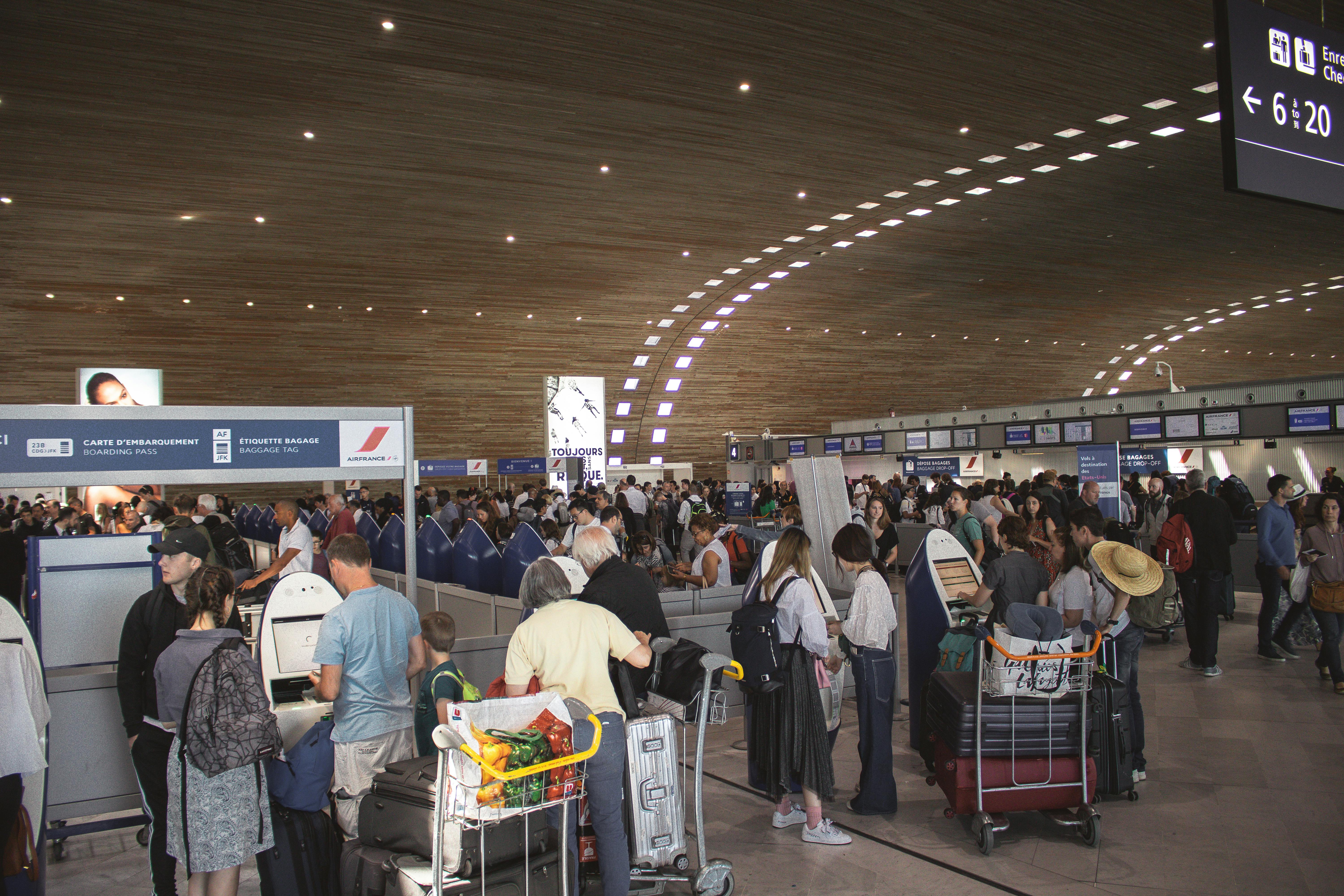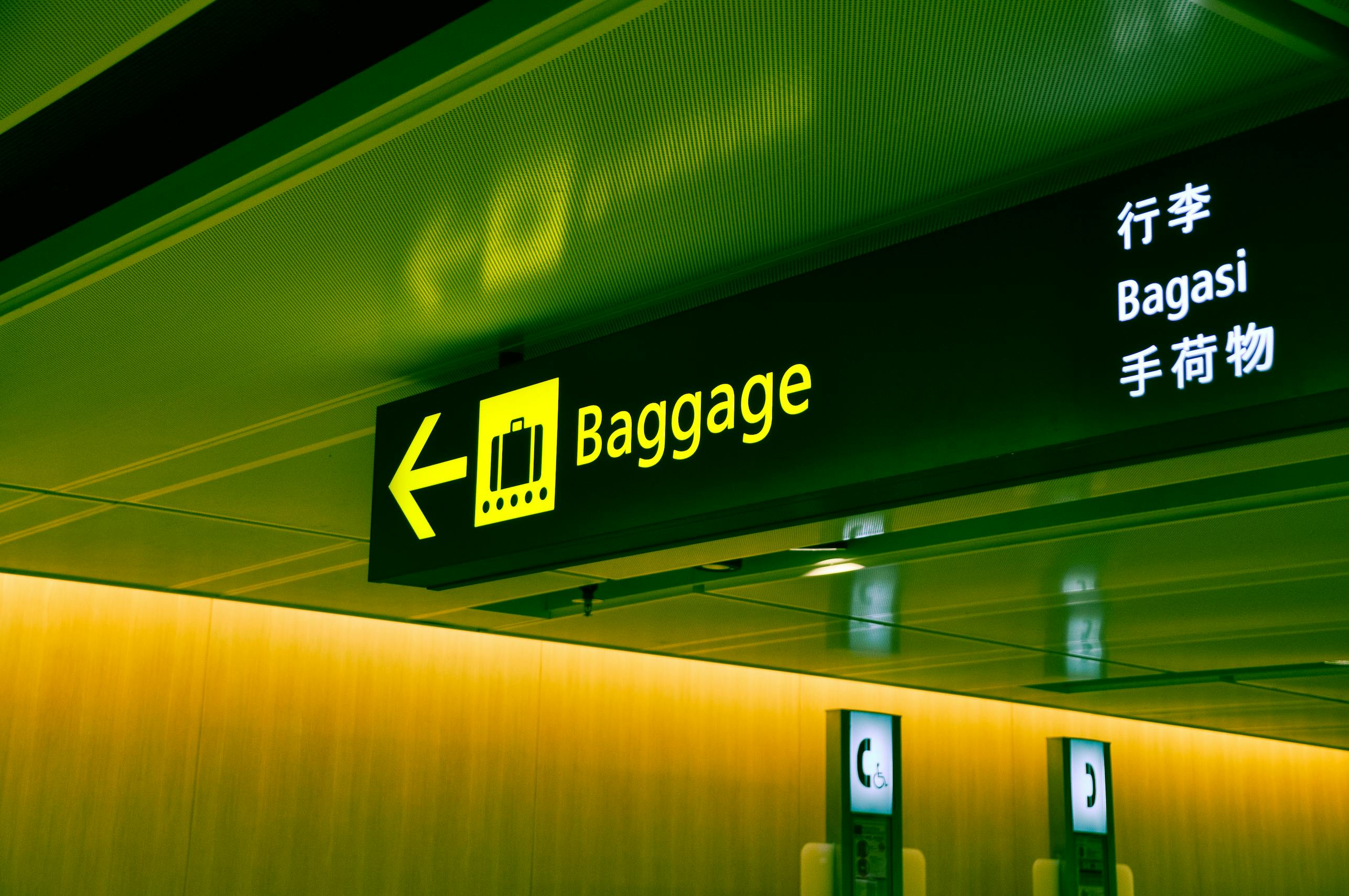We’ve all been stuck in an unfamiliar city with a lost passport or a medical emergency in a foreign land. But don’t worry, we’ve got you covered!
We’ll cover the essential quick fixes from lost documents to medical emergencies to help you stay calm and on track. Whether you’re a seasoned traveler or embarking on your first trip, these tips will help you prepare for the unexpected:
1. Lost Passport/ID: Don’t Panic!
Lost your passport? Don’t sweat it! Contact your country’s embassy or consulate immediately. They’ll guide you through replacing your passport and provide you with a temporary travel document if needed.
Keep digital and physical copies of your passport to speed up the process. Store them securely, like a hotel safe or a money belt. Leave a copy with a trusted friend or family member back home.
Having a backup plan can be a lifesaver. Make sure you have all the necessary documents and contact information readily available. Consider investing in a travel wallet or document holder to organize your important papers.
2. Missed Flight/Train: Stay Calm!

Missed your flight or train? Stay calm and speak to the airline or train customer service desk ASAP. They may be able to rebook you on the next available service for a fee. Be polite and flexible, and don’t hesitate to ask about options.
Don’t give up hope! Many airlines and trains offer rebooking options, so it’s worth exploring. Be prepared to provide your travel itinerary and identification, and have your credit card ready to pay any fees.
Ask about accommodation options if you cannot get on the next flight or train. Some airlines may offer hotel stays or vouchers for meals.
3. Stolen Wallet: Act Fast!
Your wallet’s been stolen? Cancel your cards immediately to prevent further unauthorized transactions. Contact your bank and credit card company to report the incident and request replacement cards.
Use travel insurance, mobile payment apps, or emergency cash services from your bank to get back on track. Stay vigilant and monitor your accounts for any suspicious activity. Consider using a money belt or a secure wallet to protect your valuables.
Report the incident to the local police and your bank. Keep a record of the incident for future reference. Take photos of any receipts or documents related to the incident.
4. Lost Luggage: Don’t Stress!

Lost luggage can be a hassle. Report it at the airport’s baggage counter before leaving. Provide a detailed description of your luggage and its contents to help the airline locate it.
Keep essentials like medication, phone chargers, and a change of clothes in your carry-on. Consider using luggage trackers to stay on top of your bags. Make sure to label your luggage with your contact information.
Most airlines will deliver your luggage to your hotel or home once it’s found. Keep in touch with the airline to get updates. If your luggage is damaged or delayed, ask about compensation options.
5. Food Poisoning: Stay Hydrated!
Food poisoning’s no fun. Stay hydrated with oral rehydration salts and stick to bland foods. Avoid undercooked or raw food, and opt for bottled or filtered water.
Pack activated charcoal or Imodium, and consult a doctor if symptoms persist. Take it easy and rest. Consider carrying a water filter or purification tablets to ensure access to safe drinking water.
If you’re experiencing severe symptoms, seek medical attention immediately. Don’t hesitate to ask for help from locals or fellow travelers.
6. No Internet Connection: Stay Connected!

No internet? No problem! Download offline maps and translators beforehand. Consider investing in a portable Wi-Fi hotspot or a local SIM card.
Visit cafes or libraries with free Wi-Fi if needed. Stay connected without breaking the bank. Have a backup plan for staying in touch with family and friends.
Use offline-enabled apps to navigate and find attractions. Don’t forget to download any necessary language packs.
7. Language Barrier: Communicate!
Don’t speak the language? Use a translation app like Google Translate to communicate. Learn basic local phrases or show images to get your point across.
Carry a phrasebook or use a translation app to help you navigate unfamiliar areas. Don’t be afraid to ask for help from locals or fellow travelers.
Consider hiring a guide or using a tour service to help you navigate language barriers.
8. Unexpected Illness: Seek Help!

Feeling unwell? Visit local pharmacies for mild symptoms or use travel insurance to find a reliable clinic or hospital. Don’t hesitate to seek medical attention if symptoms persist or worsen.
Research local healthcare options before your trip and know where to go in an emergency. Consider purchasing travel insurance that covers medical emergencies.
Stay safe and healthy by taking necessary precautions. Wash your hands frequently, and avoid touching your face.
Travel emergencies can be stressful, but with the proper preparation and knowledge, you can easily navigate them. By following these eight quick fixes for common travel emergencies, you’ll be well-equipped to handle anything that comes your way. From lost passports to medical emergencies, being prepared and knowing what to do can make all the difference.
So, the next time you’re faced with a travel emergency, stay calm and remember these quick fixes. With a bit of planning and preparation, you’ll be able to overcome any obstacle and continue enjoying your trip. Safe travels, and may your journey be filled with adventure, excitement, and minimal hiccups!

